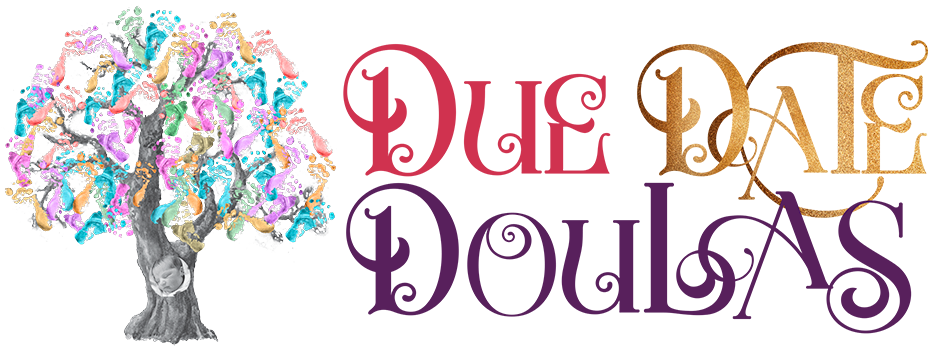08 Jun Truly Being Seen
One of the scariest classes I teach in our support group is the hardest thing some can do it’s called the “Circle of Staring”.
Despite the name, the goal isn’t to stare down the other people in the circle. It’s simply to look at them, and let them look at you–which, as it turns out, is terrifying. My group members and I literally stood in a circle and looked at each other, sometimes for 30 seconds, sometimes for (what felt like) 10 minutes or more. If imagining this causes little prickles of anxiety under your armpits, you’re not alone.
In the class, we started like all groups. There was lots of shifting and giggling, twisting our faces, looking down and crossing our arms; trying to do anything to keep from doing the assignment, which was to just look at each other… and let yourself be looked at.
Why does the simple act of seeing and being seen cause us so much anxiety? I think it has to do with giving up our power of control–control over what kind of impression we are crafting, how we are seen.
If you are anything like me, you are very curious about people. (Facebook stalking, anyone? Check.) Twitter, instagram, blogs–all these social media platforms allow us to have a one-sided, detailed glimpse into another person’s existence. Of course we want to know about other people- it’s how we connect! The problem is that the deeply curated nature of our social media presences mean that: a) We always get to be in control over how others see us (or at least imagine we are), and b) We perceive authenticity in others, forgetting that they have almost certainly also deeply curated what they are willing to reveal. Louis CK talked about this with Conan, and he’s right.
This brings us back to the simple act of being seen. Getting to indulge our curiosity in another person feels good- to observe someone’s hairline, or their jewelry, to note how they stand, breathe, look, all of these things, we as human beings intensely crave this. The catch is that being seen as you’re observing is a lot harder. This process taught me a few things:
First–it means letting yourself be vulnerable in the moment. If you’re struggling with something, or having a self-conscious day about your body, or feeling any of the feelings, the tendency is to hide it. But it’s really HARD to hide in plain sight. The body doesn’t lie–the more we try to hide, the more we broadcast that there is something TO hide.
Second–Being seen, while vulnerable, is ultimately exactly what most of us crave. Truly being seen feels like unconditional acceptance and belonging.
Third–Seeing and being seen opens a feedback loop for empathy. There is nothing like being seen, feeling vulnerable, and witnessing the same thing in others to create compassion and turn off the judging button.
Fourth–Most importantly, when we observe others, we start to realize that the smiles and the shifting and the hiding are all ways we’ve developed of trying to control others. And I don’t mean like power-hungry, evil genius kind of control–I mean that we try to alter a situation to make us feel more comfortable.
What we learned in our group (after minute upon painful minute) is that the moment we dropped that impulse to control and just stayed present, it gave everyone in the group permission to relax. Suddenly we didn’t need anything from anyone, and they didn’t need anything from us. In that energy, we could simply observe–and be observed.
That particular group has more or less see each other weekly. We see the good days and the bad so we are aware of the body language each one shows without saying a word.
In public speaking, similar kinds of nerves are at play. We tense up, we suddenly wonder why standing ever seemed easy, and we do all kinds of crazy things with our faces trying to put ourselves and others at ease. And we hold our breath. All this done because we think we need to come across as though were are Perfect, Not Nervous, Not Vulnerable, In Control. In other words, we try to take care of our audience by editing ourselves.
The thing is- they don’t need to be taken care of. They want your presence, they are curious about what you have to say, and most of all, most audiences just want to feel connection to you. By allowing yourself to just be–to be seen, and not try to curate, you give them the gift of your authentic presence. Not only does this allow your nervous system to relax (more on this in a future blog post) you also open up an energetic connection with your audience that allows your words to be heard on a deeper level.
Give yourself permission to be seen.

Sorry, the comment form is closed at this time.